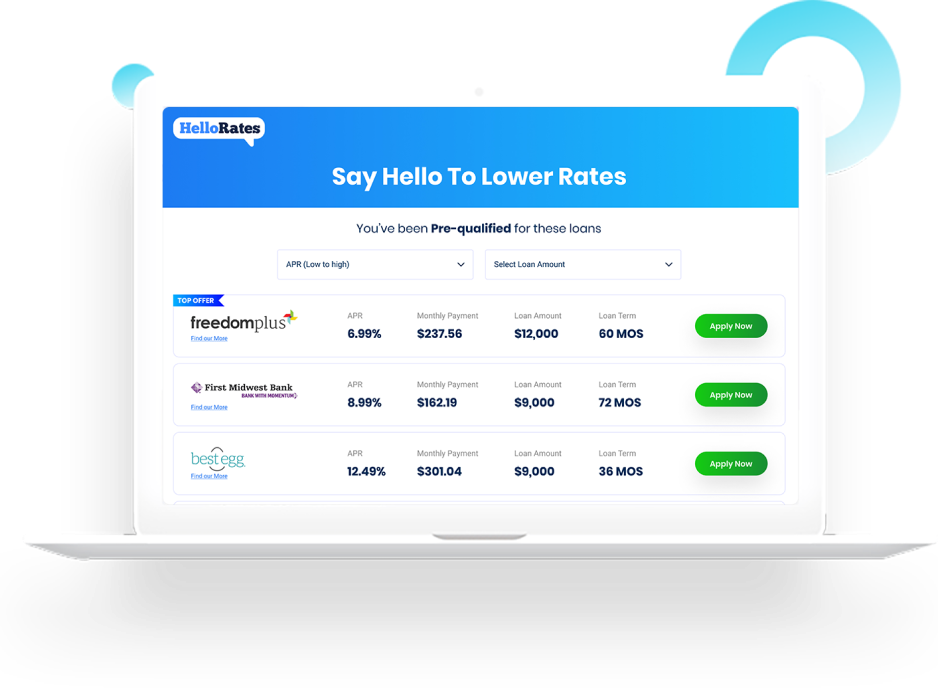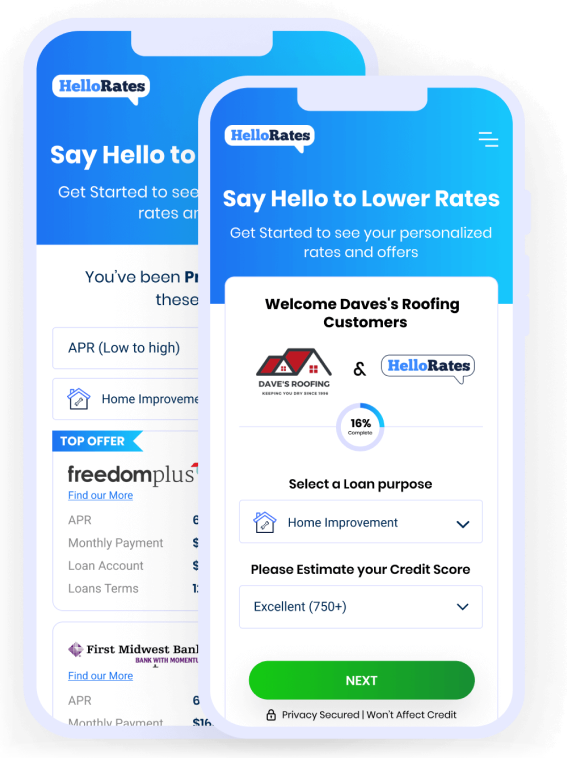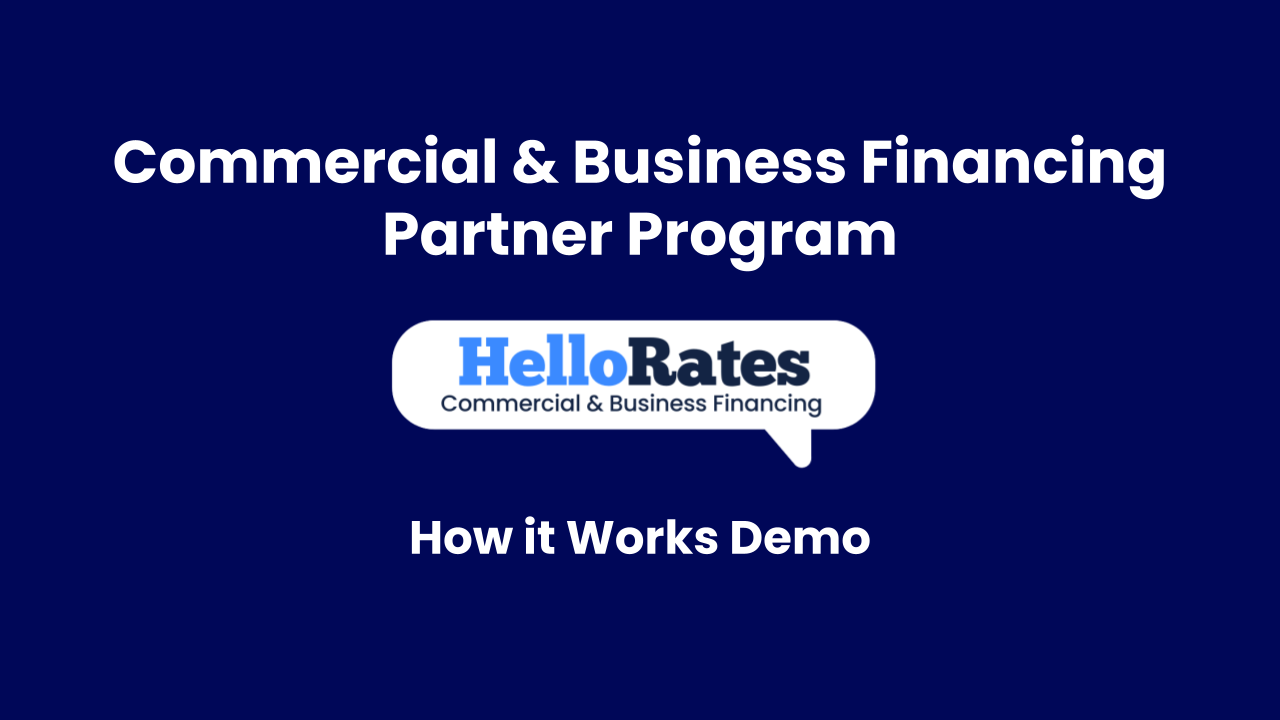In today’s competitive business landscape, small businesses often face numerous challenges when it comes to managing their expenses. From purchasing inventory and equipment to covering operational costs, these expenses can quickly add up and strain a company’s financial resources. However, small business expense financing offers a viable solution to overcome these hurdles and unlock growth opportunities. This article explores the advantages of small business expense financing and how it can empower entrepreneurs to thrive in their respective industries.
One of the key advantages of small business expense financing is the ability to access immediate funds. Traditional lending institutions often have lengthy approval processes, making it difficult for small businesses to secure the necessary funds in a timely manner. However, with expense financing, entrepreneurs can obtain the required capital quickly and efficiently. This enables them to seize time-sensitive opportunities, such as purchasing inventory at discounted prices or investing in marketing campaigns during peak seasons. By accessing immediate funds, small businesses can stay agile and responsive to market demands, giving them a competitive edge.
Moreover, small business expense financing offers flexibility in terms of repayment options. Unlike traditional loans with fixed monthly payments, expense financing allows entrepreneurs to tailor their repayment schedules to align with their cash flow. This flexibility is particularly beneficial for small businesses that experience seasonal fluctuations or irregular revenue streams. By adjusting repayment terms, entrepreneurs can ensure that their cash flow remains stable and avoid unnecessary financial strain. This adaptability not only enhances financial management but also fosters a more sustainable growth trajectory for small businesses.
Another advantage of small business expense financing is the opportunity to preserve working capital. Working capital is the lifeblood of any business, as it fuels day-to-day operations and enables growth. By opting for expense financing, entrepreneurs can preserve their working capital and allocate it towards other critical areas, such as hiring new employees, expanding product lines, or investing in research and development. This preservation of working capital ensures that small businesses have the necessary resources to seize growth opportunities and remain competitive in their respective markets.
Furthermore, small business expense financing often comes with additional benefits beyond just access to funds. Many financing providers offer value-added services, such as financial advice, business mentoring, and networking opportunities. These resources can be invaluable for small business owners who may lack the expertise or connections to navigate complex financial landscapes. By partnering with a financing provider that offers these supplementary services, entrepreneurs can gain valuable insights, expand their professional network, and enhance their overall business acumen. This holistic support system can significantly contribute to the long-term success and sustainability of small businesses.
In conclusion, small business expense financing offers numerous advantages that empower entrepreneurs to overcome financial challenges and unlock growth opportunities. The ability to access immediate funds, coupled with flexible repayment options, allows small businesses to stay agile and responsive to market demands. Moreover, expense financing preserves working capital, enabling entrepreneurs to allocate resources towards critical areas of growth. Additionally, the value-added services provided by financing providers foster a supportive ecosystem that enhances business acumen and long-term success. By leveraging small business expense financing, entrepreneurs can navigate the financial landscape with confidence and propel their businesses towards sustainable growth.




